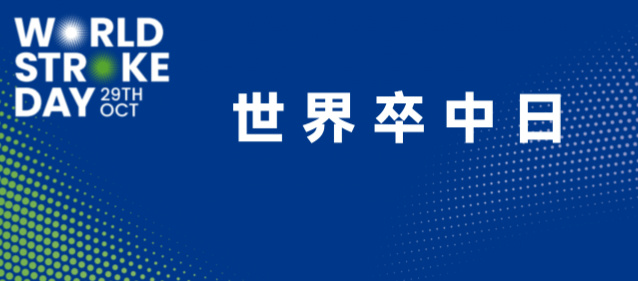Journal of Hepatology:常喝含糖饮料会引起脂肪肝?!
来自Tufts大学Jean Mayer USDA人类衰老营养研究中心(USDA HRNCA)的研究人员发现,每天喝含糖饮料的习惯可能会引起非酒精性脂肪肝(NAFLD)。此项研究结果近日在线发表于Journal of Hepatology杂志上。

来自Tufts大学Jean Mayer USDA人类衰老营养研究中心(USDA HRNCA)的研究人员发现,每天喝含糖饮料的习惯可能会引起非酒精性脂肪肝(NAFLD)。此项研究结果近日在线发表于Journal of Hepatology杂志上。
非酒精性脂肪肝是在肝脏有脂肪的大量堆积,但与饮酒无关。这类脂肪肝可由超声,计算机断层扫描,核磁共振成像及组织活检诊断。在美国,约25%的人患有此类的脂肪肝,但无任何症状。肥胖及超重人群患有非酒精性脂肪肝的风险较高,此类脂肪肝有较高的风险,发展为心脏病及2型188bet在线平台网址 。含糖饮料是果糖的主要饮食来源,果糖很可能会增高非酒精性脂肪肝的风险。
研究人员们分析了2634份调查问卷,问卷大多来源于中年男性和女性白人。在问卷上的含糖饮料包括含有咖啡因或无咖啡因的可乐,含糖、水果、柠檬水的碳酸饮料,或是非碳酸水果饮料。参与者们接受了计算机断层扫描来测量他们肝脏的脂肪量,研究人员根据已有的非酒精性脂肪肝的标准,来判断参与者是否患有这类脂肪肝。他们发现,问卷中报告自己每日喝多于一瓶含糖饮料的人,比不喝含糖饮料的人,有更高的非酒精脂肪肝发病率。
在研究人员综合考虑了年龄、性别、身体质量指数(BMI),饮食和生活方式等因素后,例如摄入的热量,饮酒和吸烟等因素,他们发现含糖饮料和非酒精性脂肪肝仍相关。然而,考虑了这些因素后,健怡可口可乐与非酒精性脂肪肝无相关关系。
今后,人们需要注意他们饮用含糖饮料的量,或许应该只在特殊的场合才喝这些饮料。

DOI: http://dx.doi.org/10.1016/j.jhep.2015.03.032
PMC:
PMID:
Sugar-sweetened beverage, diet soda, and fatty liver disease in the Framingham Heart Study cohorts
Jiantao Ma,et al.
Background &Aims
Non-alcoholic fatty liver disease affects ?30% of US adults, yet the role of sugar-sweetened beverages and diet soda on these diseases remains unknown. We examined the cross-sectional association between intake of sugar-sweetened beverages or diet soda and fatty liver disease in participants of the Framingham Offspring and Third Generation cohorts.
Methods
Fatty liver disease was defined using liver attenuation measurements generated from computed tomography in 2634 participants. Alanine transaminase concentration, a crude marker of fatty liver disease, was measured in 5908 participants. Sugar-sweetened beverage and diet soda intake were estimated using a food frequency questionnaire. Participants were categorized as either non-consumers or consumers (3 categories: 1 serving/month to <1 serving/week, 1 serving/week to <1 serving/day, and ?1 serving/day) of sugar-sweetened beverages or diet soda.
Results
After adjustment for age, sex, smoking status, Framingham cohort, energy intake, alcohol, dietary fiber, fat (% energy), protein (% energy), diet soda intake, and body mass index, the odds ratios of fatty liver disease were 1, 1.16 (0.88, 1.54), 1.32 (0.93, 1.86), and 1.61 (1.04, 2.49) across sugar-sweetened beverage consumption categories (p trend = 0.04). Sugar-sweetened beverage consumption was also positively associated with alanine transaminase levels (p trend = 0.007). We observed no significant association between diet soda intake and measures of fatty liver disease.
Conclusion
In conclusion, we observed that regular sugar-sweetened beverage consumption was associated with greater risk of fatty liver disease, particularly in overweight and obese individuals, whereas diet soda intake was not associated with measures of fatty liver disease.



.jpg)


